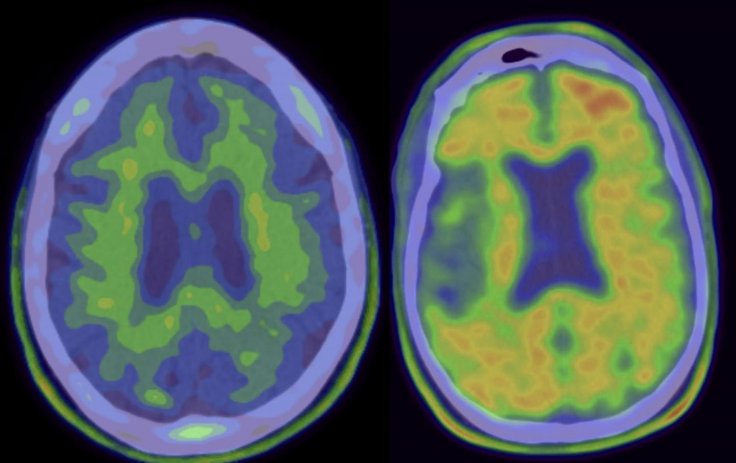
Alzheimer's is widely considered one of the most common causes of dementia and in normal cases, it can be detected only after plaque formation in the brain. Due to this late diagnosis, it is often difficult to manage this disease and therapy seems no longer possible. But now, a new study conducted by Ruhr-Universität Bochum (RUB) research team, has revealed that a blood test could help to detect Alzheimer's at a very early stage, maybe eight years before the trigger of the initial clinical symptoms.
The new research report published in the journal 'Alzheimer's and Dementia: Diagnosis, Assessment and Disease Monitoring' revealed that early signs of Alzheimer's take place on the proteins in the human body before 20 years.
Researchers who took part in the study believe that early diagnosis will help to manage the disease in a better manner, and sometimes, current inefficient drugs to treat Alzheimer's may turn effective.
"This has paved the way for early-stage therapy approaches, where the as yet inefficient drugs on which we had pinned our hopes may prove effective," said Professor Klaus Gerwert from the Department of Biophysics at RUB and the lead author of the study.
During the study, researchers successfully predicted 71 percent of Alzheimer's cases in symptomless stages by detecting changes in the human brain's amyloid beta protein folds. However, researchers provided false positive diagnoses for nine percent of the participants.
In order to rectify this problem, researchers introduced a two-tier diagnostic method. In this phase of the study, researchers used an original blood test to pick high-risk individuals. To assure their results, they also used a dementia-specific biomarker, namely tau protein.
" 87 of 100 Alzheimer's patients were correctly identified in our study and we reduced the number of false positive diagnoses in healthy subjects to 3 of 100. The second analysis is carried out in the cerebrospinal fluid that is extracted from the spinal cord. Now, new clinical studies with test participants in very early stages of the disease can be launched," said Gerwert.
Interestingly, another study report which was published in the journal Nature Medicine had also suggested the same possibility to detect Alzheimer's in the early stages and this research carried out by experts at the German Center for Neurodegenerative Diseases claimed that the disease can be predicted 16 years earlier.
A few months back, one study conducted by scientists at University College London had suggested that dirty medical tools could spread proteins linked to Alzheimer's disease. Even though the number of such cases was very small, it has prompted a rethink in the way in which surgical tools are sterilized and used in the future.









